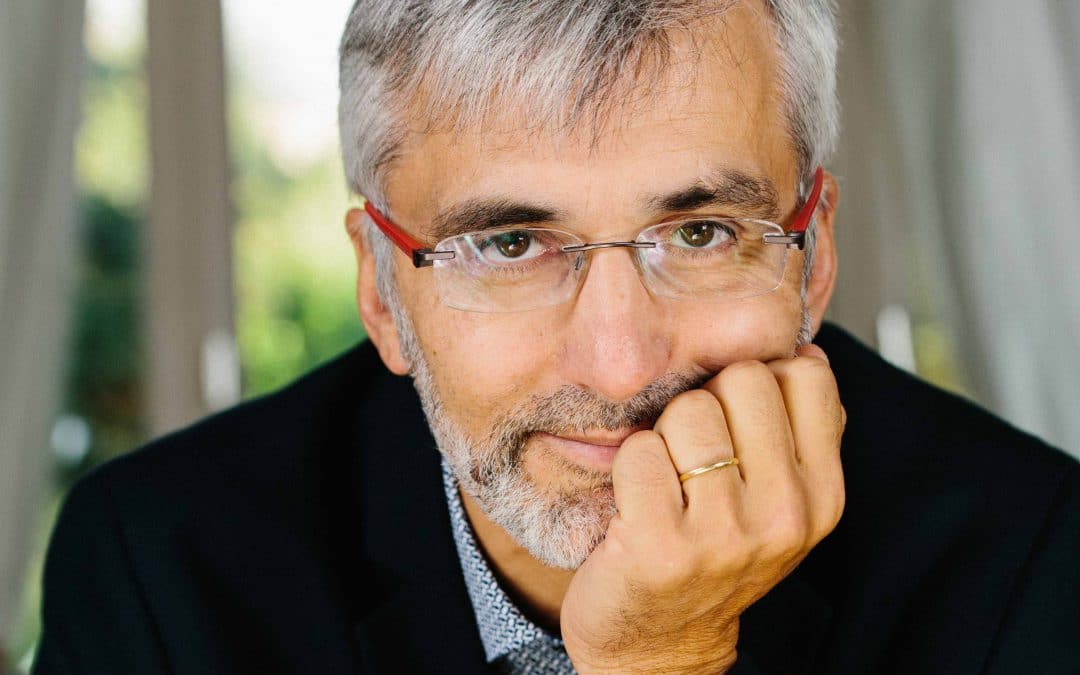
Bonnemaison Affair: Between relief and dismay
Tugdual Derville speaks on the conviction following appeal for Dr. Bonnemaison, by the Assize Court in Angers, to two years of suspended prison sentence for a single poisoning. What is your opinion of this sentence?
One must situate this sentence in the context of an appeal process: after at first being scandalously acquitted in June 2014, an indictment was essential. By totally absolving Dr. Bonnemaison, the court of assize in Pau sent a dramatic signal: a doctor could kill his patients without incurring penal sanction…
Dozens of caretakers from his hospital in Bayonne participated in several indecent demonstrations of support for Dr. Bonnemaison, seeming to demonstrate that the life of elderly, vulnerable patients near the end of life did not carry weight against the reputation of a colleague, a well-loved native.
Seventeen months ago, we demonstrated to request the public prosecutor to appeal the case. And we are now assisting at the same turnaround as in the Debaine case, in 2008: it involved the murder of a handicapped person by his desperate mother. Lydie Debaine had initially benefitted of an acquittal before being, as well, condemned to a symbolic sentence after appeal.
For Nicolas Bonnemaison at the Assize Court in Angers, farther away from the emotional confusion witnessed in Pau, the stakes were not so much the nature of the sentence as the principle of a sentence. It’s according to this logic that the condemnation to a two-year suspended prison sentence is partially reassuring. The ban on killing a patient remains an intangible principle.
Nonetheless, one single poisoning out of seven was sanctioned…
We were obviously not present during the jury deliberation, but in fact the verdict is puzzling and, to be honest, absurd. Most of the media agree in saying that such a verdict only adds to the confusion.
The general impression is that the jury did not consent to absolve the doctor, who had already been blacklisted by his professional order. But that they didn’t intend to crush him. Everyone well knows, however, that the other six cases merit to be sanctioned.
One might wonder why the « case » of Mrs. Iramuno – the only patient for which Nicolas Bonnemaison was indicted for poisoning – was particular: a very brief delay between the injection of Hypnovel and the death of the patient; a determined gesture performed by a single doctor in an expeditious manner, then abandoning the follow-up to a young nurse’s aide left alone to accompany the patient; the incredible bet on the death of this victim, which prize (a chocolate cake) was reclaimed once death was achieved; and of course, the fact that Mrs. Iramuno’s son constituted the civil party. In the end, the jurors could not help to be impressed by the conjunction of specific accusations by the caretakers and the disarray of the patient’s family.
Why is it that the accused is condemned for using Hypnovel (a powerful sedative) and not for the two cases of administrating a derivative of curare, which is not a medication authorized for the end of life?
Precisely, in my opinion it’s because the families of the two « victims » of Norcuron support the doctor. They would have loudly protested at a sentence. Here again, emotion neutralizes one’s ability to reason. When you think about it, it is frightening in view of the principle of equality in the judicial system.
Our individualistic society is also one of almighty power for the strongest and fittest. We’ve come to maintain a fusional approach of the family, which affects the protection of the most vulnerable. It is as if the healthy ones were to decide the fate of those who are dependant… In the absence of a “parental project”, life is not considered worthy of respect at its’ beginning. Likewise, elderly people deprived of “brotherly support” are less protected when they approach the end of their life. In fact, asking a member of a family to pronounce a life or a death sentence for a vulnerable person, it to grant him an exorbitant power, inhuman in every sense of the word.
What impact does this trial have on Parliament’s debate on the end of life?
We have avoided the jurisprudence of de-penalizing euthanasia which an acquittal would have induced. The parade of euthanasia supporters, who even came from Belgium, to Angers to support the accused, made the courtroom a rather confusing forum with their claims. We at least have the proof that sedations for euthanasia exist, since it is exactly with such a very classical sedative that Nicolas Bonnemaison poisoned Mrs. Iramuno. Our warning on profound and continuous sedation until death, contained in the bill of law on the end of life is completely justified, all the more so as the authors have refused to specify in their text that the question of the intention – or not – to induce death, should not enter into account.
The line of argumentation adopted by certain witnesses is worrisome in regards with their conception of the end of life: more than the principle of provoking death, it is the lack of collegiality in the decision to prescribe and the absence of information to the loved ones that was contested.
Doctor Bonnemaison continues to contend that he always had the intention to « relieve pain but not kill”, and Jean Leonetti also used this formula to defend his new law. The PMs who finish examining the text in these coming weeks need the wisdom to clearly make amendments in this direction, if they want to be coherent with this intention.
Comments reported by Frédéric Aimard
